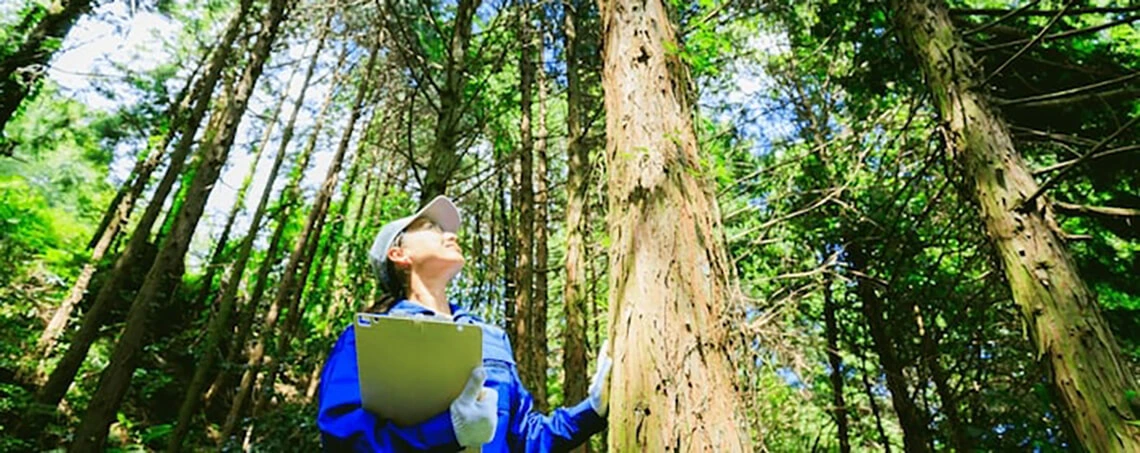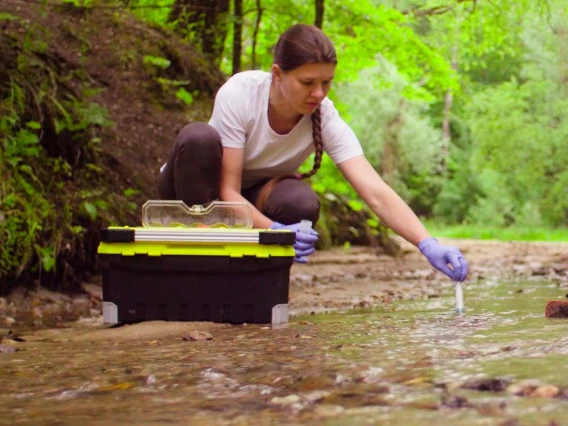
What Can You Do With An Environmental Science Degree?
According to the U.S. Bureau of Labor Statistics, green jobs are expected to grow faster than the national average through 2030. If you're interested in entering a diverse field that has the potential to make a positive impact, continue reading to discover what you can do with an environmental science degree.
What is environmental science?
Environmental science is an interdisciplinary field that studies the physical, biological, and chemical aspects of the environment and its effects on specific organisms. In simpler terms, it examines the interactions between humans and the environment, which encompass the physical, biological, and social sciences. Environmental science aims to understand the Earth's natural systems, the impacts of human activities on these systems, and the development of sustainable solutions to environmental problems.
How to enter the environmental science field
For most entry-level jobs, you must have a bachelor's degree in environmental science or a related natural resource field. A master's degree is not required but is recommended to advance in the field. The University of Arizona Online offers a Bachelor's and Master's degree in environmental science.

Environmental Science
Bachelor of Science
A bachelor's degree in environmental science lays the foundation for creating your path. Learn effective communication, leadership, and issues regarding our Earth. This bachelor's offers a diverse and practical skillset in science, communication, critical thinking, and leadership.

Environmental Science
Master of Science
Through this master's program, you'll be prepared to take on environmental issues and compliance in interdisciplinary teams. Environmental core courses deal with the local, regional, and global aspects of environmental science and their interrelatedness, intending to provide you with sought-after soft skills.
What jobs can you do with an environmental science degree?
Environmental science is a diverse field that can include becoming a high school science teacher and a marine biologist. No matter the career, your education in environmental science will prepare you to make a difference and protect the environment and the health of our planet. You may clean up polluted areas, advise policymakers, or work within the industry to reduce waste. Here are some environmental job profiles and the average salary for the role.
Recommended skills for environmental science careers
While earning an environmental science degree is a must to enter the industry, you must also possess and highlight the skills you have gained from your experience and education. The following are just some of the skills and knowledge that will give you an edge in the environmental science career field:
- Data-gathering
- Data analysis
- Science and math
- Conducting quantitative research
- Environmental sampling
- Deductive reasoning
- Writing scientific research papers
- Identifying environmental issues
- Proposing environmental solutions
- Critical thinking
- Communication
- Time management
- Collaboration
- Problem-solving
Is environmental science a good degree?
If you're interested in the environment and want to be a part of creating and/or advocating solutions to the many problems the planet is facing, then earning an environmental science degree is a good fit for you! You will excel in this field if you enjoy observing, researching, analyzing, and solving problems. The employment of environmental scientists and specialists is projected to grow by 6% by 2032, and about 6,900 openings for environmental scientists and specialists are projected each year, on average, over our decade.








